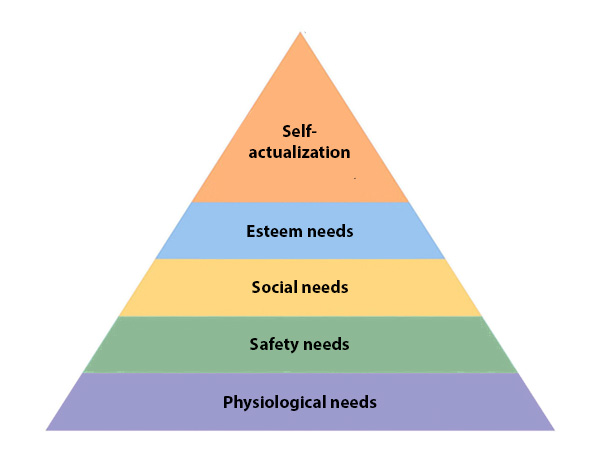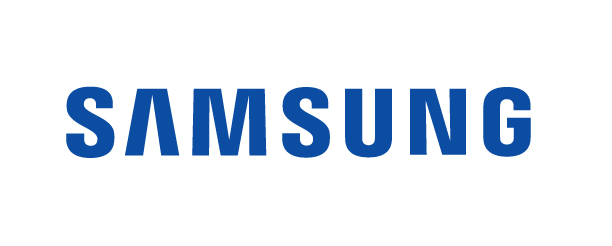Compare and Contrast Maslow’s Theory of Needs with Vroom’s Expectancy Theory
Motivation is an intangible human asset which acts as a driver that pushes humans to be willing to perform certain actions. In just about everything we do there is something that moves us to perform the action which involves some motivation allowing us to perform tasks or actions which produces some type of personal benefit as a result. The general theory would be that, the greater the personal gain in performing the task for the individual, the more motivated they are to try at the task to achieve the best outcome. Motivation is usually stimulated by a want where there is a gain to be had as a result of performing a certain task.… Read the rest


